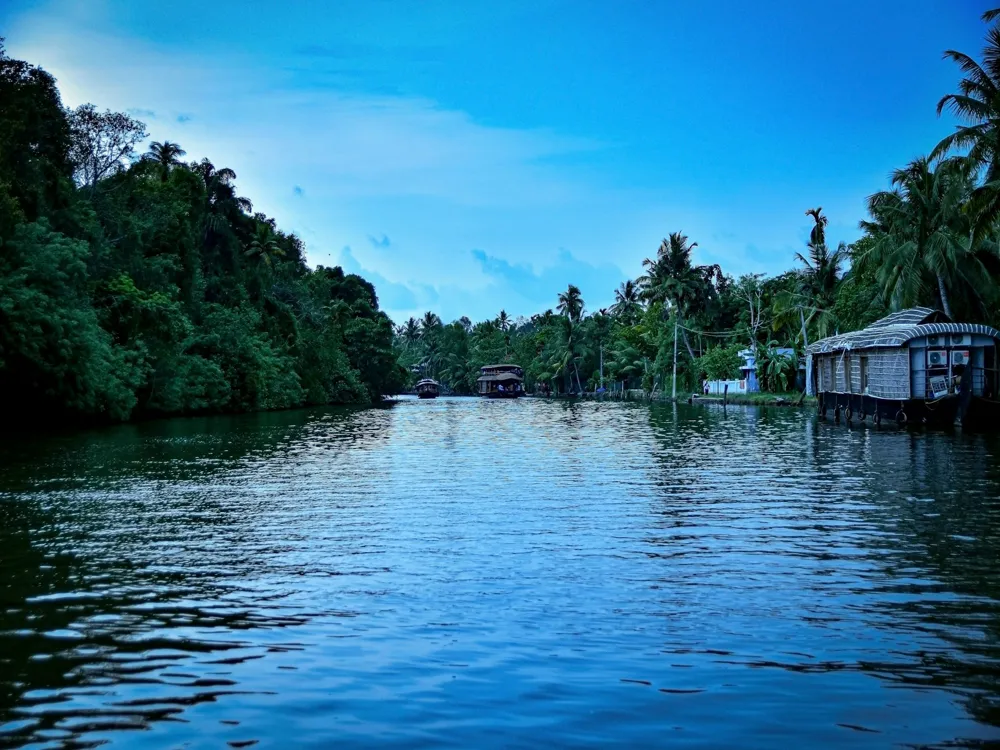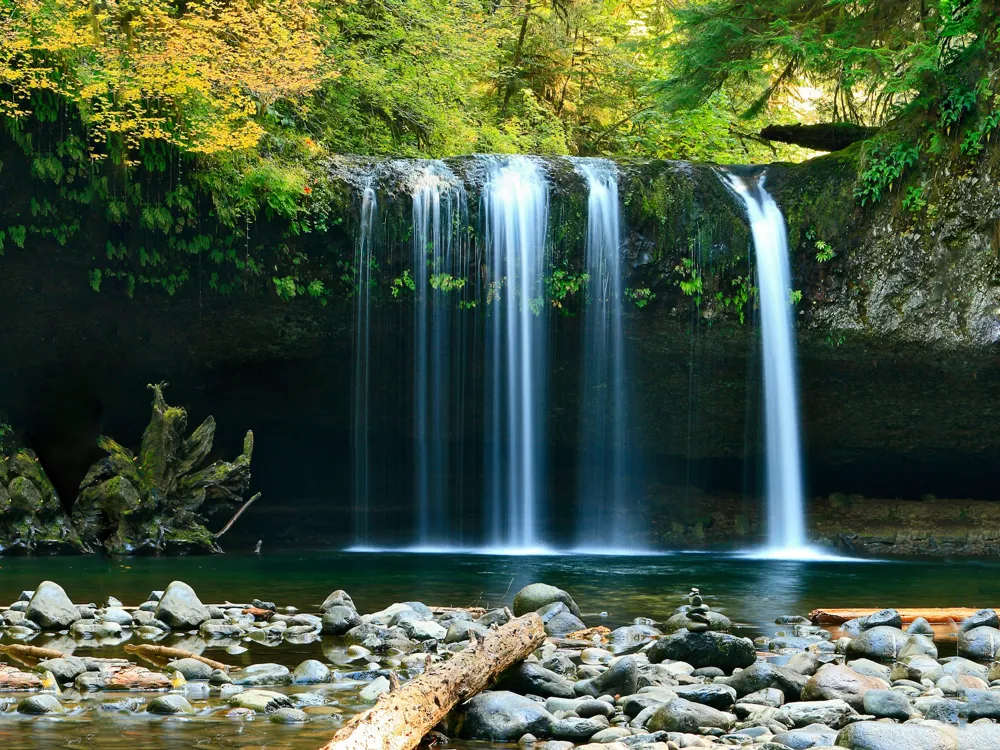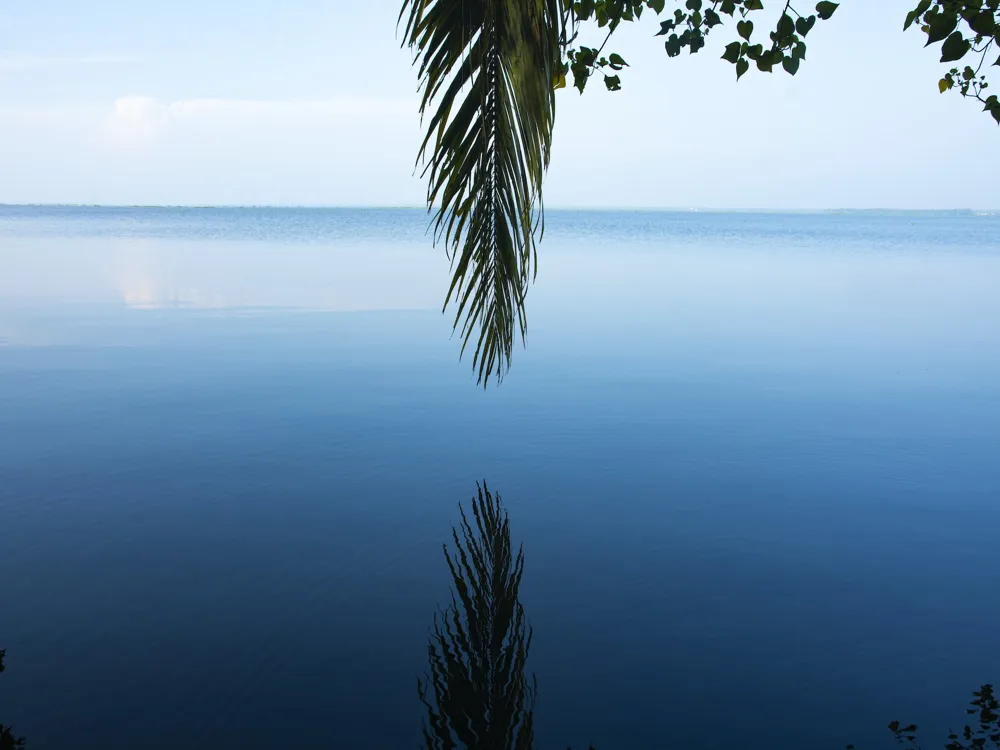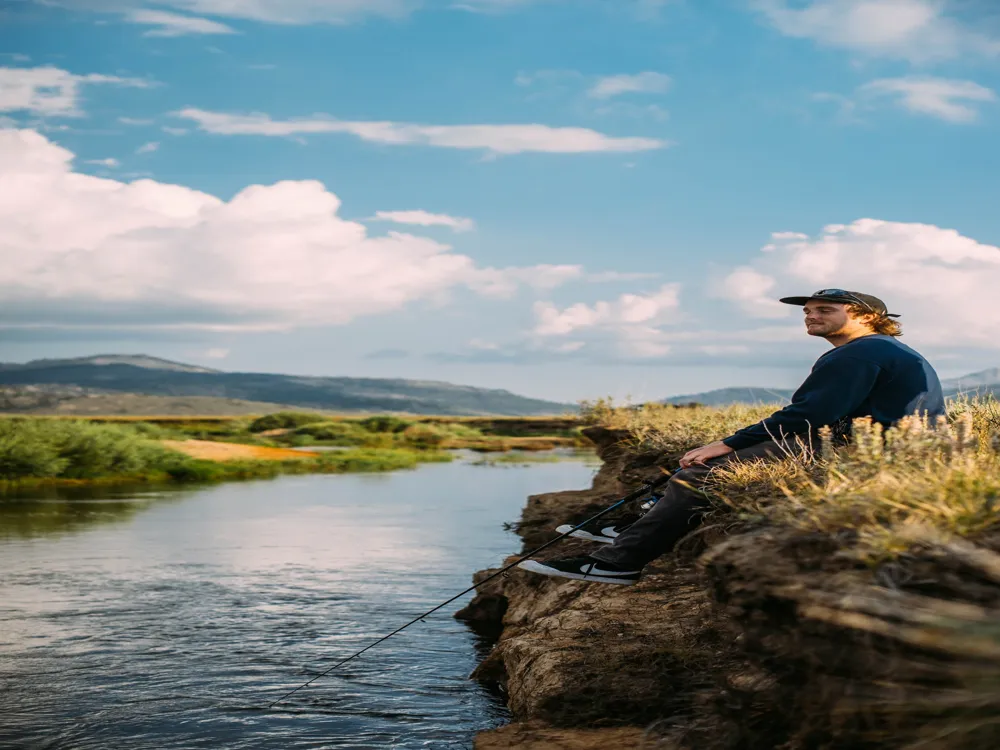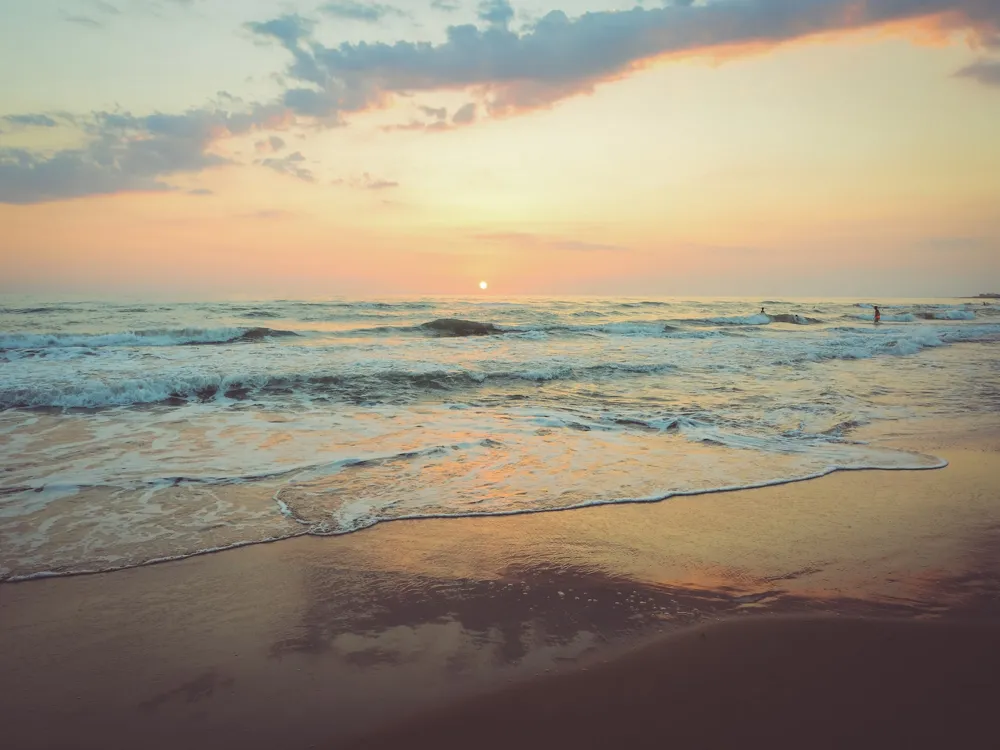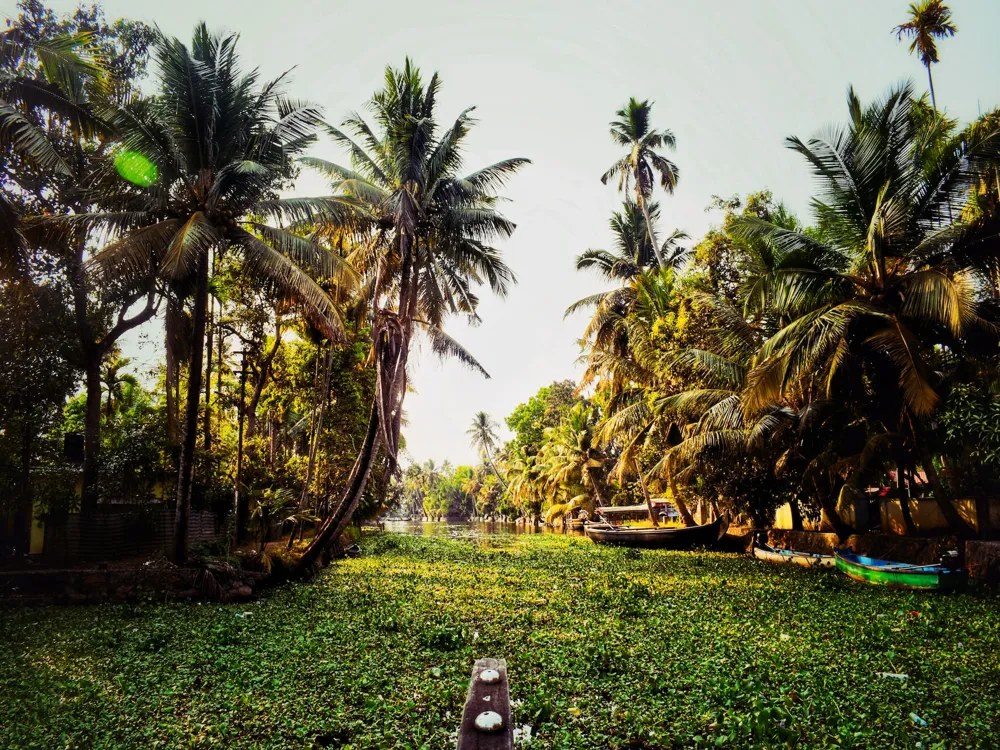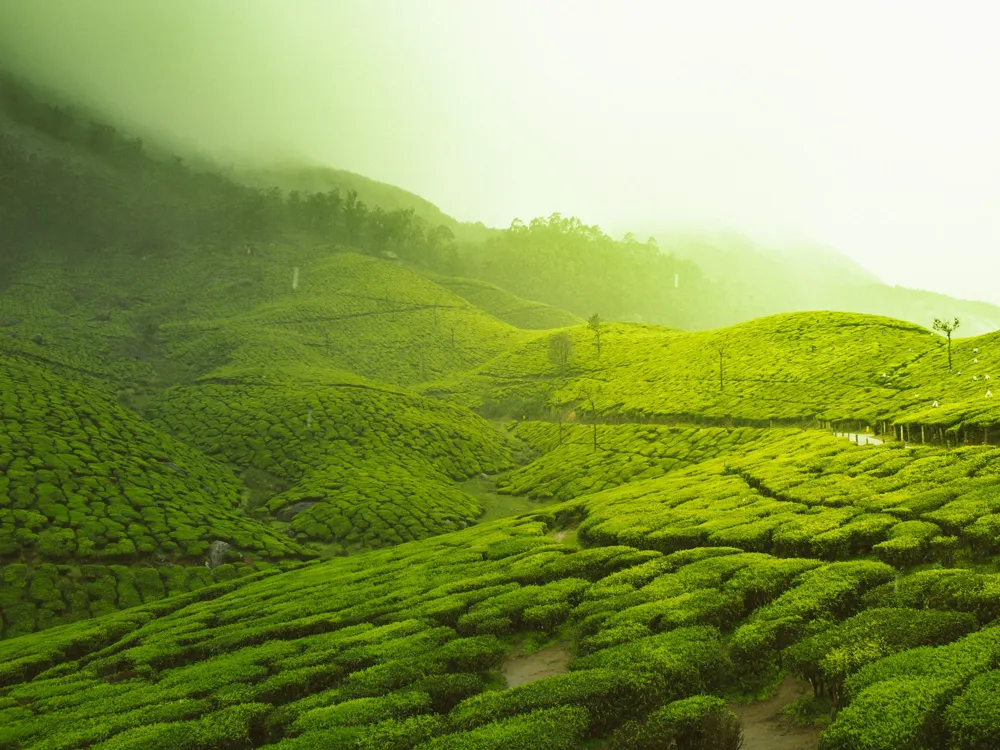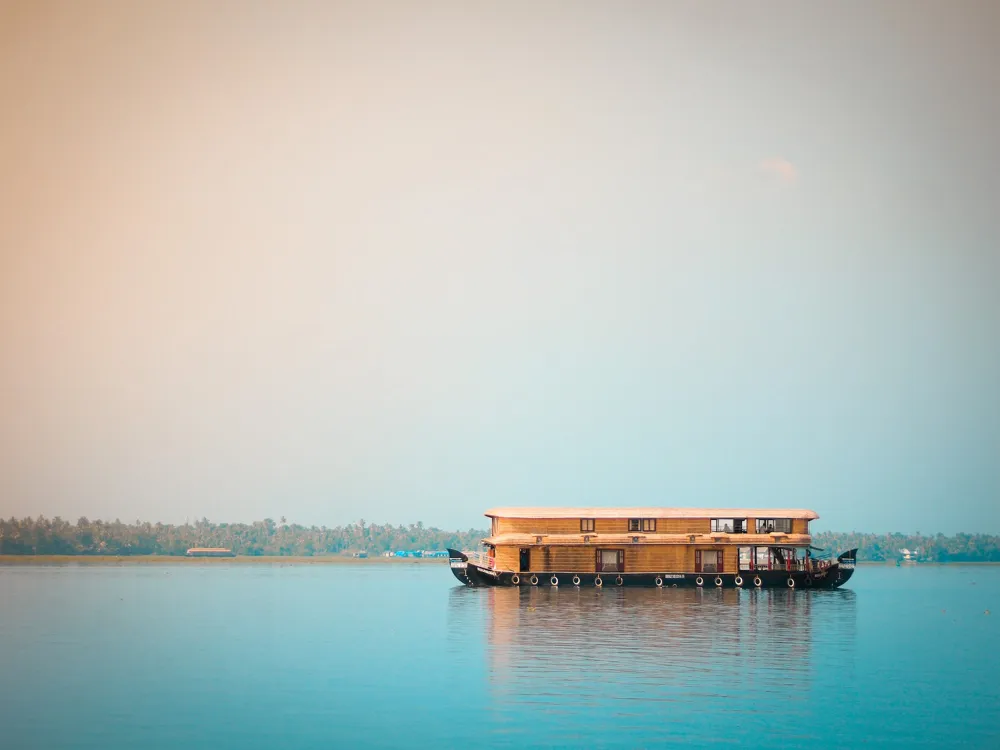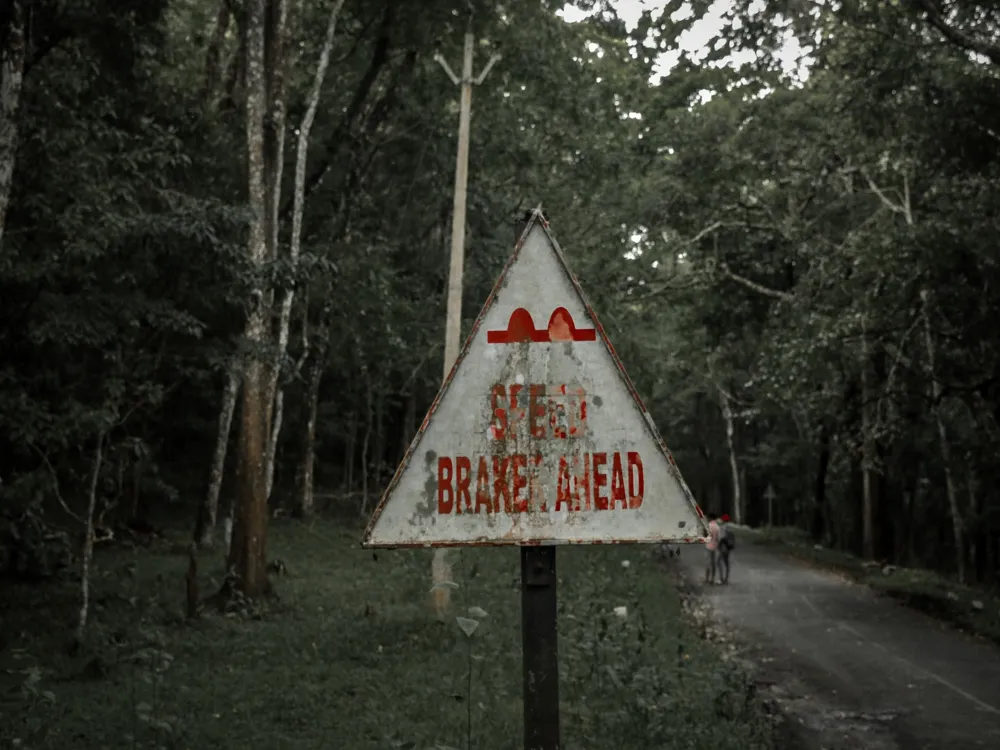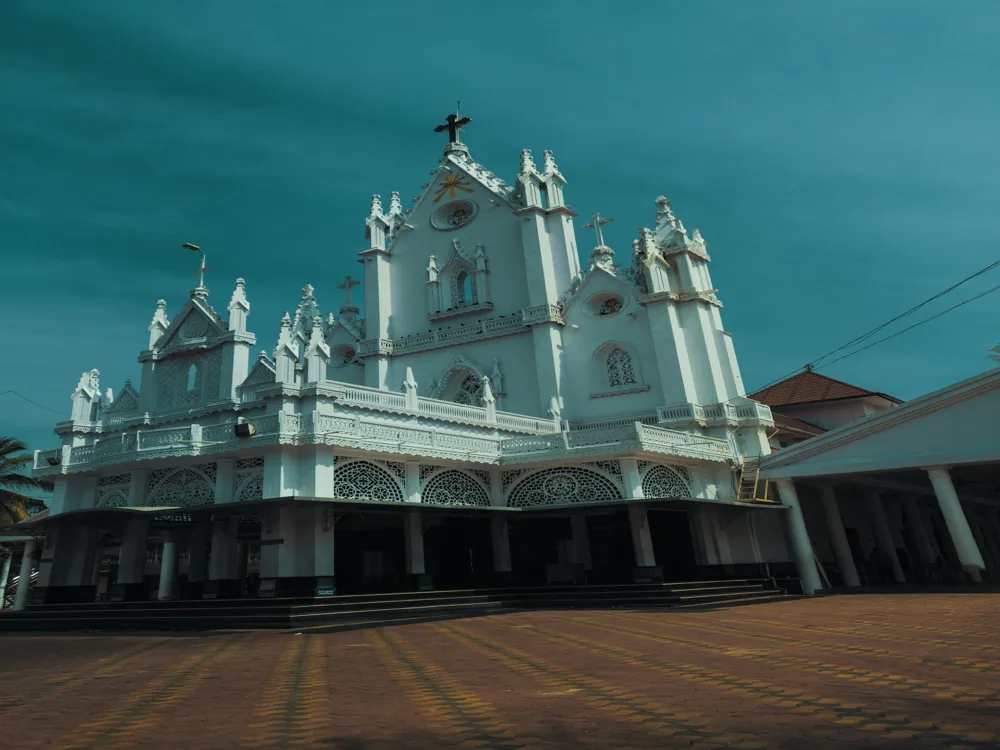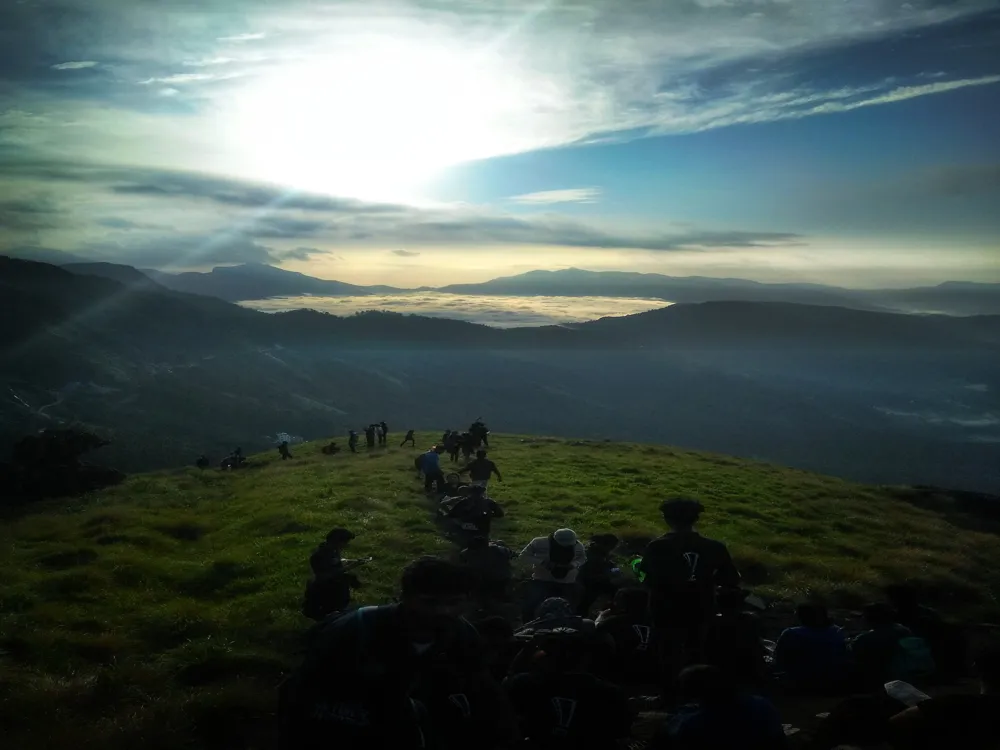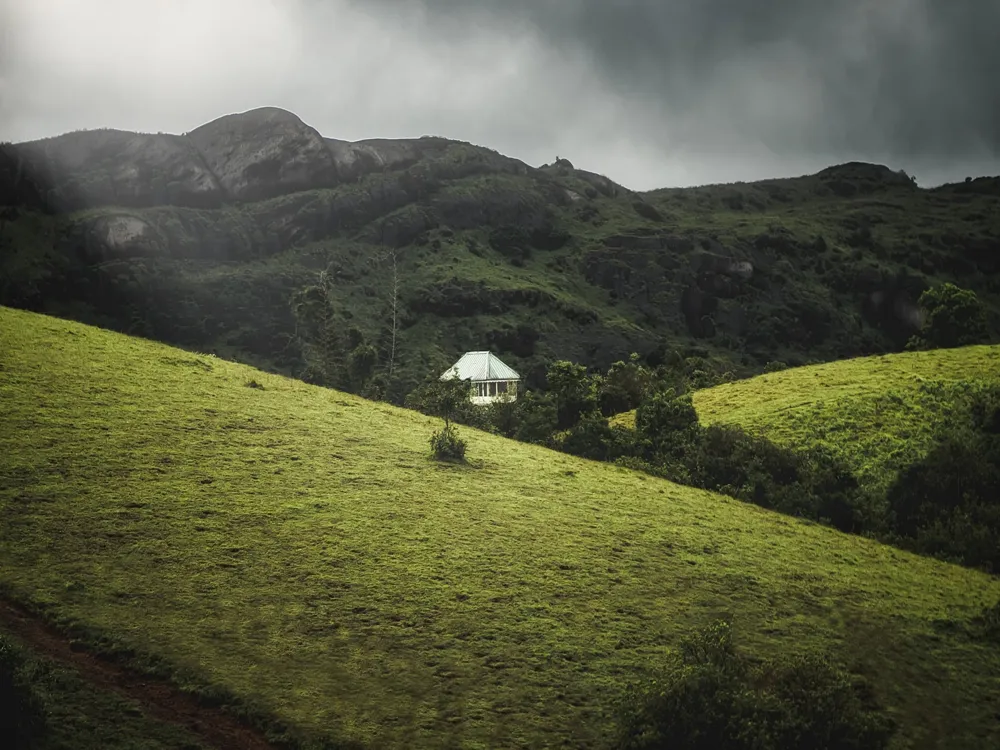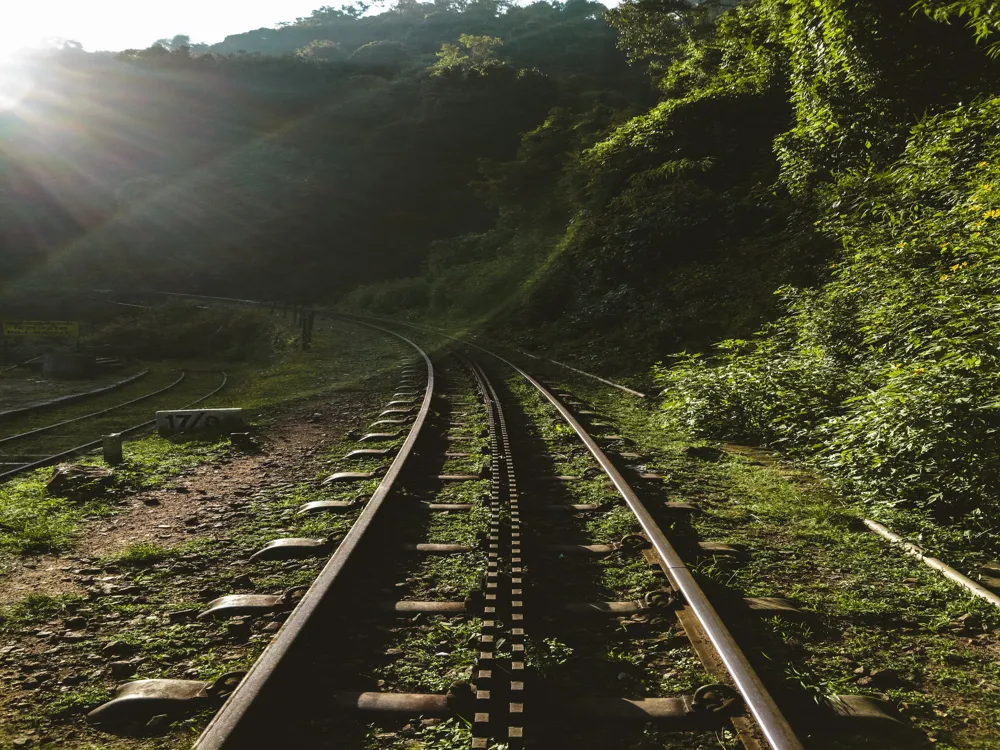Nestled in the scenic backdrop of Kerala, often referred to as 'God's Own Country', Kumarakom Beach is a serene and picturesque destination that offers a tranquil retreat for both nature lovers and adventure seekers. This pristine beach, part of the Kumarakom village located near the city of Kottayam, is renowned for its breathtaking natural beauty and tranquil ambiance. The area is characterized by its lush greenery, a network of lagoons, and vibrant local culture, making it a perfect escape from the hustle and bustle of city life. The charm of Kumarakom Beach lies in its untouched natural beauty and the traditional Keralite lifestyle that can be observed here. The beach's shorelines are adorned with fine white sand, and its waters are crystal clear, offering a soothing experience to the visitors. The region is also a haven for bird watchers, with the nearby Kumarakom Bird Sanctuary being home to a wide variety of exotic bird species. Moreover, the local cuisine, dominated by seafood and coconut flavors, offers a delightful culinary experience. One of the unique aspects of Kumarakom Beach is its integration with the backwaters of Kerala. This creates a unique ecosystem where marine and freshwater life coexist, contributing to the biodiversity of the region. The backwaters are best explored through houseboat cruises, which provide an intimate experience of the local flora and fauna. The tranquil waters, lined with palm trees and dotted with traditional fishing boats, create a picturesque setting for relaxation and contemplation. Apart from its natural beauty, Kumarakom Beach is also a hub for various water sports and activities. These include boating, fishing, windsurfing, and parasailing, offering an adrenaline-pumping experience for adventure enthusiasts. For those seeking a more relaxed experience, there are options for ayurvedic treatments and yoga sessions, which are deeply rooted in the local culture. The local culture of Kumarakom is deeply intertwined with its natural surroundings. The village is known for its coir industry and the crafting of traditional kettuvallam houseboats. The local festivals, particularly Onam and Vishu, are celebrated with great fervor, showcasing the rich cultural heritage of Kerala. During these festivals, the famous snake boat races are a major attraction, drawing visitors from all over the world. The architecture of Kumarakom Beach and its surrounding areas is a harmonious blend of traditional Kerala style and modern design elements. This unique combination reflects the area's rich cultural heritage and its adaptation to contemporary needs. The most prominent architectural feature in Kumarakom is the traditional Kerala-style houses, known as 'Nalukettu'. These houses are designed with a central courtyard, high-pitched roofs, and large verandas, providing a cool and comfortable living environment in the tropical climate. The use of local materials such as wood, laterite stones, and clay tiles in construction is a testament to the sustainable architectural practices prevalent in the region. These materials are not only eco-friendly but also add to the aesthetic beauty of the buildings. The intricate wood carvings and mural paintings found in many traditional homes showcase the artistic skills of the local craftsmen. Another significant architectural element in Kumarakom is the design of the houseboats, locally known as 'Kettuvallams'. These houseboats are a unique adaptation of the traditional cargo boats of Kerala. They are constructed using jackwood planks tied together with coir ropes and coated with a resin made from cashew nut shells. This traditional method of construction, without the use of a single nail, is a marvel of ancient engineering and craftsmanship. The layout of Kumarakom Beach itself is a blend of natural and man-made elements. The beach area is meticulously maintained to preserve its natural beauty, with minimal interference in its landscape. Walkways and sitting areas are strategically placed to offer the best views of the sunset and sunrise, enhancing the visitor's experience. The integration of eco-friendly practices in the development of the beach area demonstrates the commitment to sustainable tourism. The resorts and hotels in Kumarakom reflect a similar architectural philosophy, with many of them being built in traditional Kerala style, complemented with modern amenities. This provides visitors with a luxurious yet authentic experience of Keralan culture and lifestyle. The design of these resorts often incorporates elements such as open-air lobbies, traditionally styled cottages, and landscaped gardens, seamlessly blending with the natural surroundings. The ideal time to visit Kumarakom Beach is between November and March, when the weather is pleasant, with minimal rainfall. This period is perfect for beach activities and exploring the backwaters. Respect the local customs and traditions. Dress modestly, especially when visiting religious sites. It's also important to seek permission before taking photographs of locals. Carry mosquito repellent and stay hydrated. While the area is generally safe, it's advisable to avoid isolated areas, especially after dark. Engage in sustainable tourism practices by avoiding the use of plastic, participating in beach clean-up activities, and respecting the natural habitat. Don't miss out on the local cuisine, especially the seafood delicacies. Also, explore the local markets for spices, coir products, and handcrafted items. Kumarakom Beach is well-connected and easily accessible. The nearest airport is the Cochin International Airport, which is about 85 km away. From there, you can hire a taxi or take a bus to Kumarakom. The nearest railway station is at Kottayam, around 16 km away. Regular bus services and taxis are available from Kottayam to Kumarakom. For those driving, the beach is well-connected through a network of roads from major cities in Kerala and neighboring states. Read More:Overview of Kumarakom Beach, Kumarakom, Kerala
Architecture of Kumarakom Beach
Tips When Visiting Kumarakom Beach
Best Time to Visit
Local Customs and Etiquette
Health and Safety
Sustainable Tourism Practices
Local Cuisine and Shopping
How To Reach Kumarakom Beach
Kumarakom Beach
Kumarakom
Kerala
₹ 8,500 onwards
View kumarakom Packages
Kumarakom Travel Packages
View All Packages For Kumarakom
Top Hotel Collections for Kumarakom

Private Pool

Luxury Hotels

5-Star Hotels

Pet Friendly
Top Hotels Near Kumarakom
Other Top Ranking Places In Kumarakom
View All Places To Visit In kumarakom
View kumarakom Packages
Kumarakom Travel Packages
View All Packages For Kumarakom
Top Hotel Collections for Kumarakom

Private Pool

Luxury Hotels

5-Star Hotels

Pet Friendly







